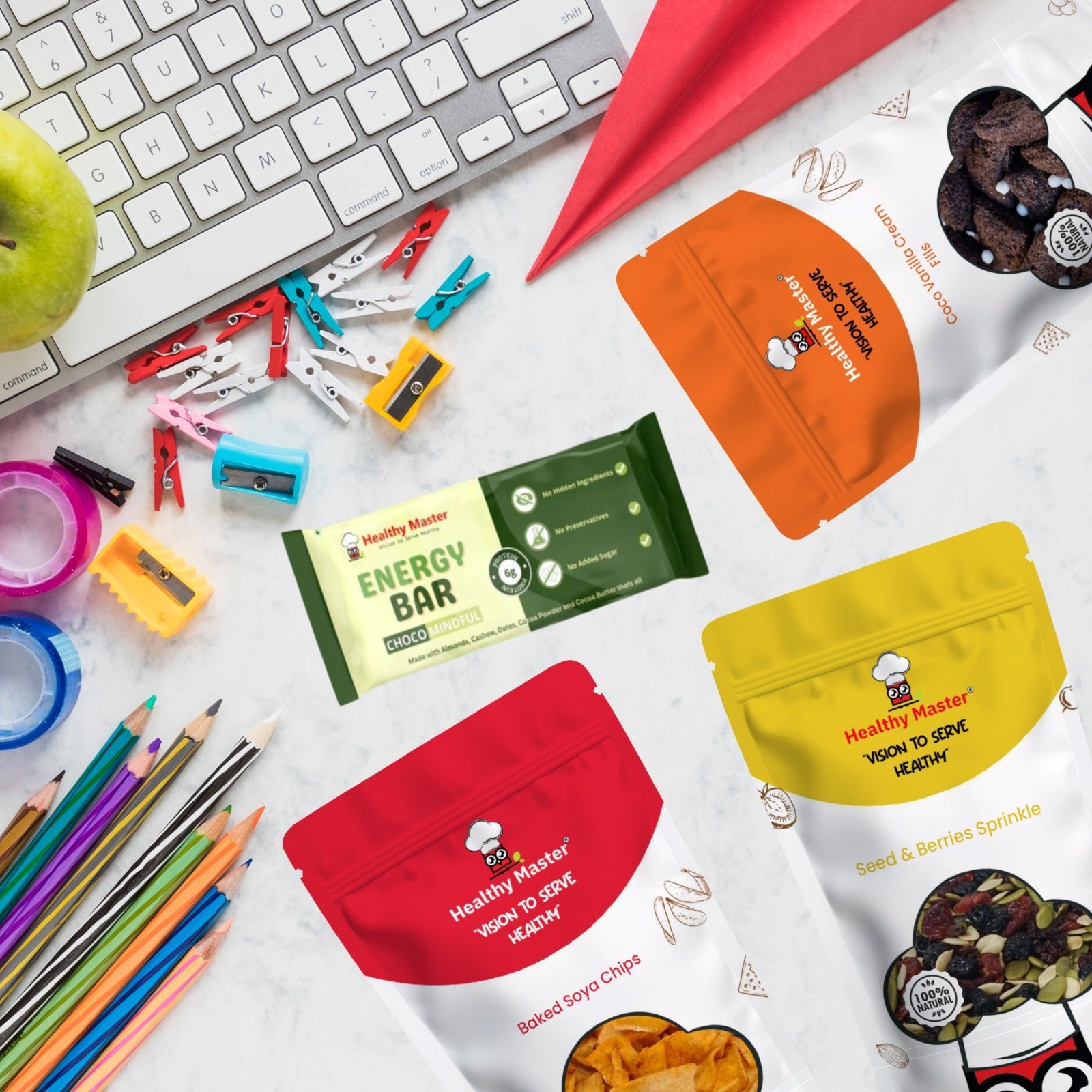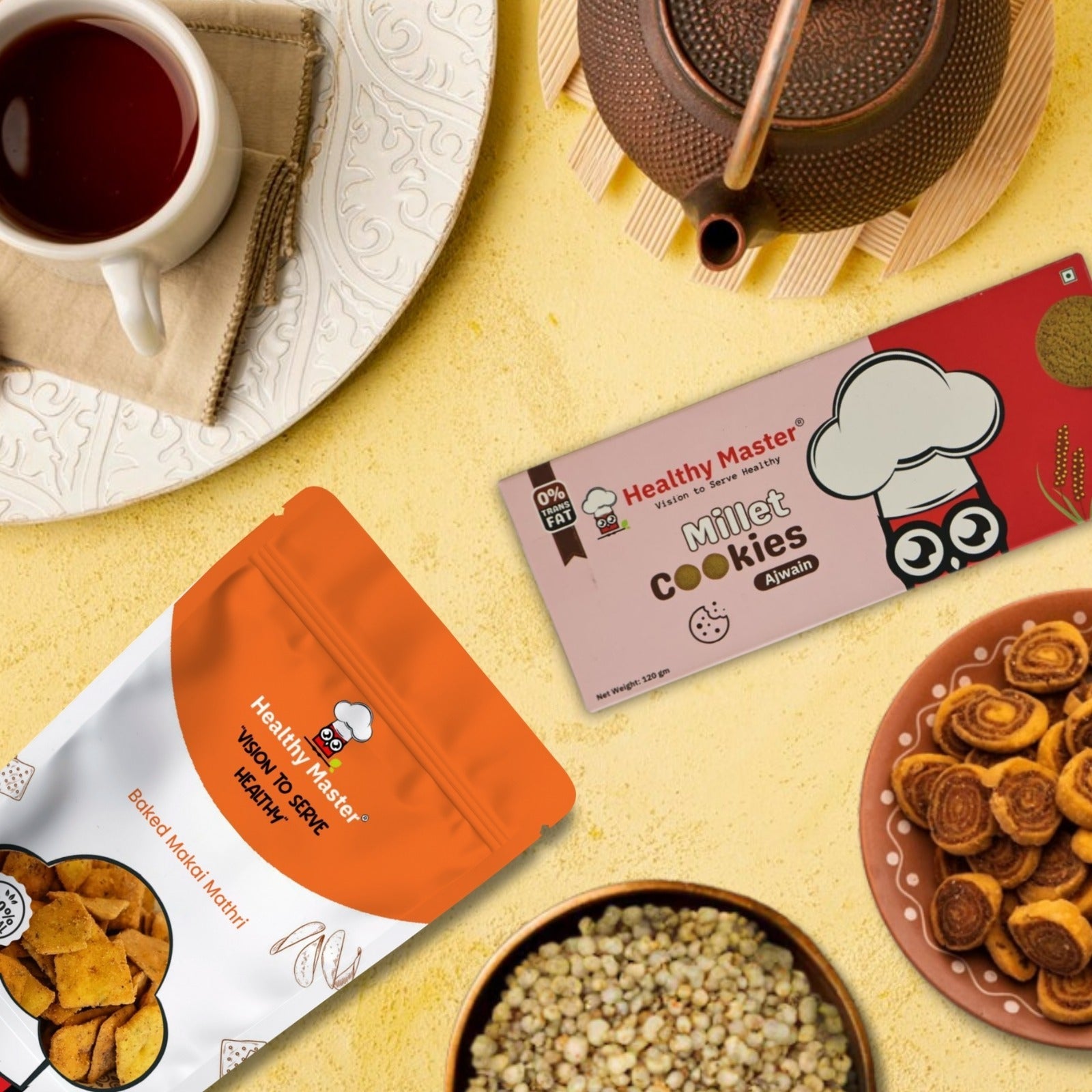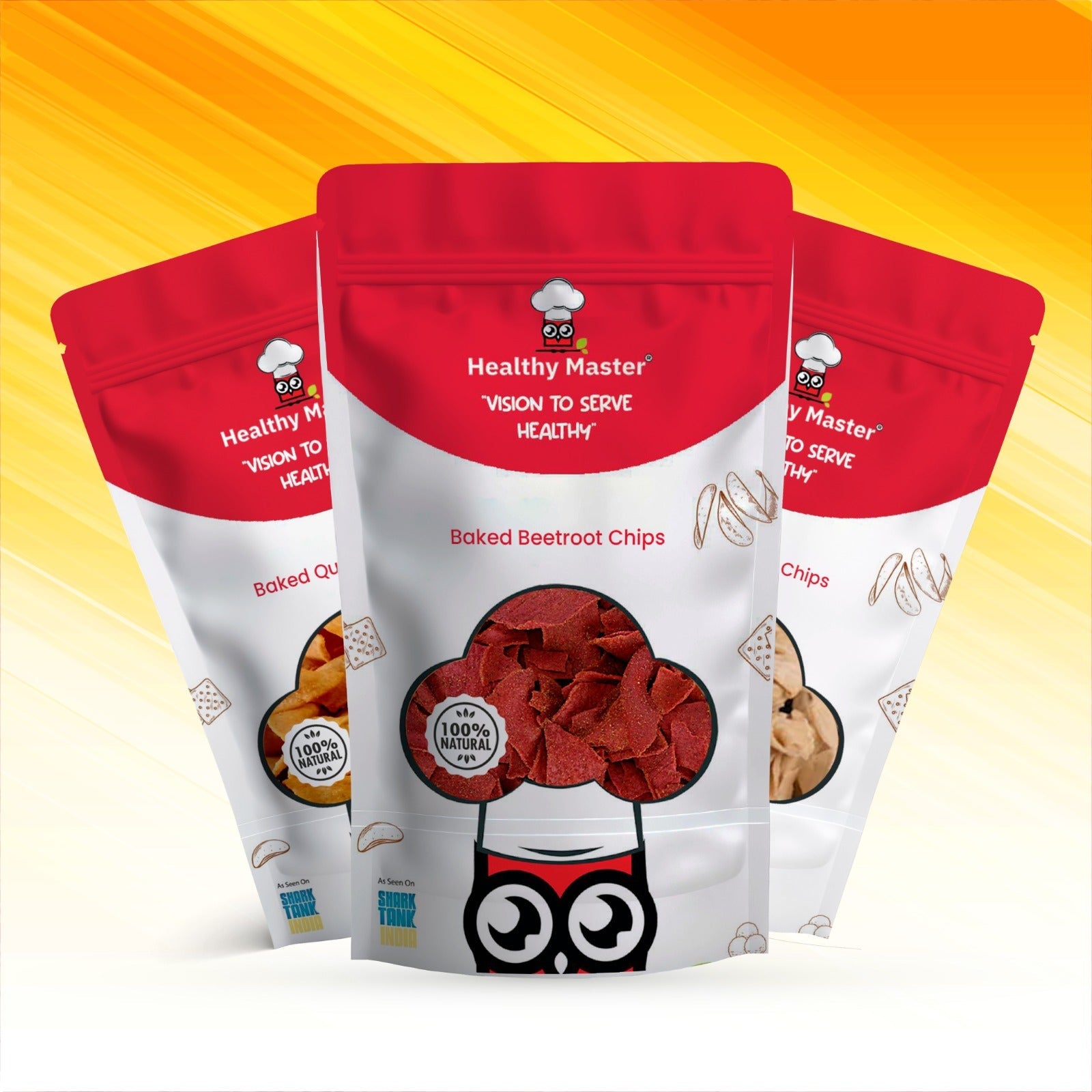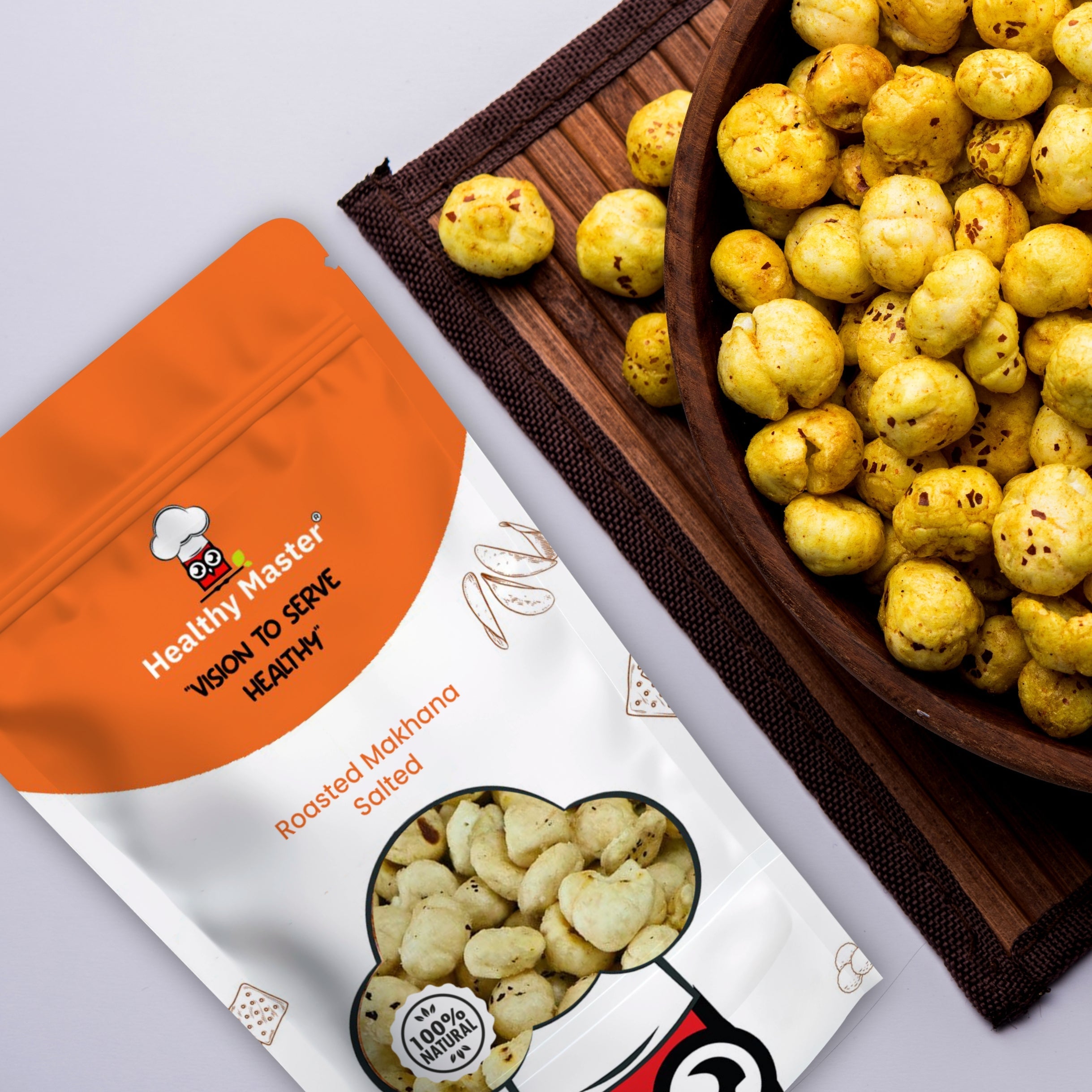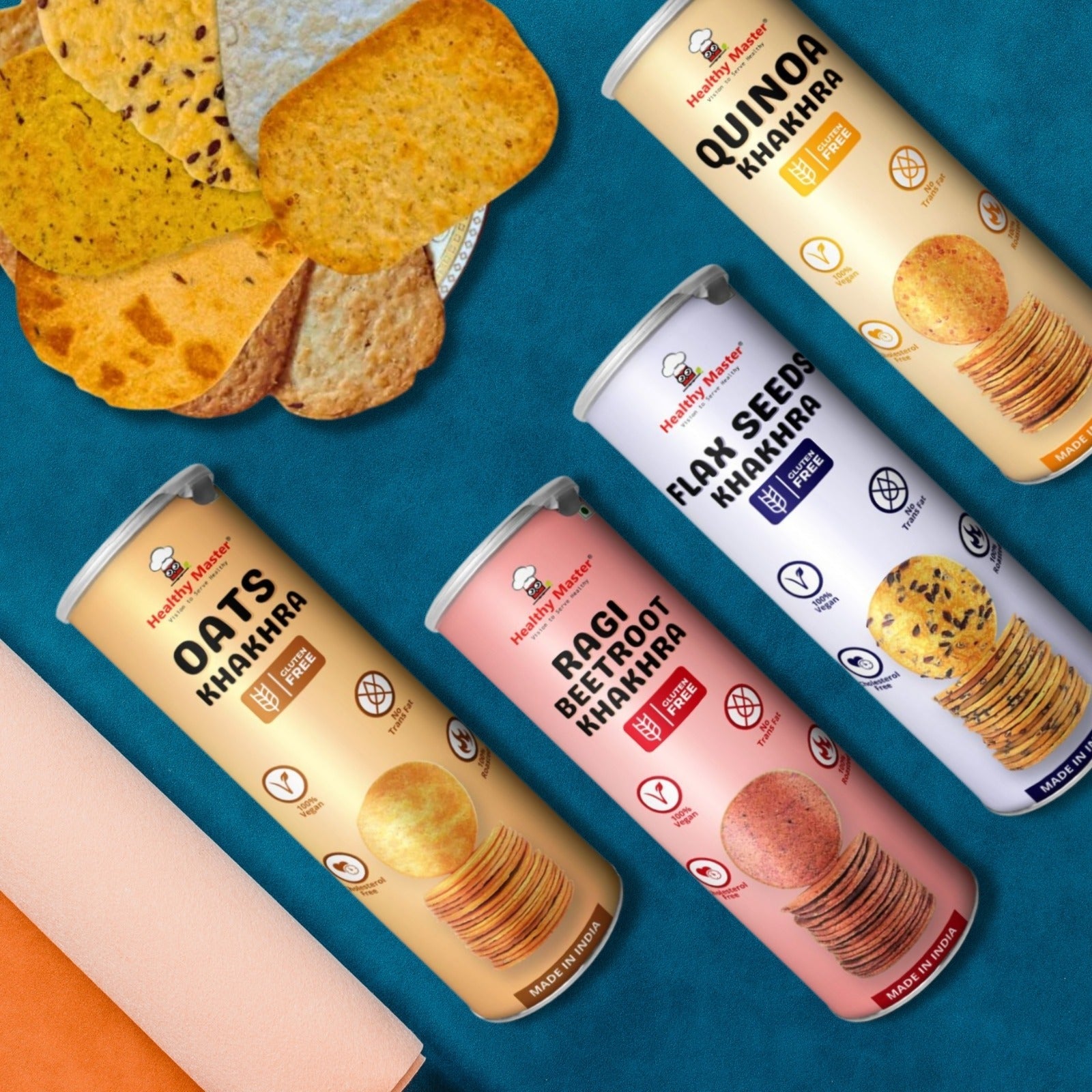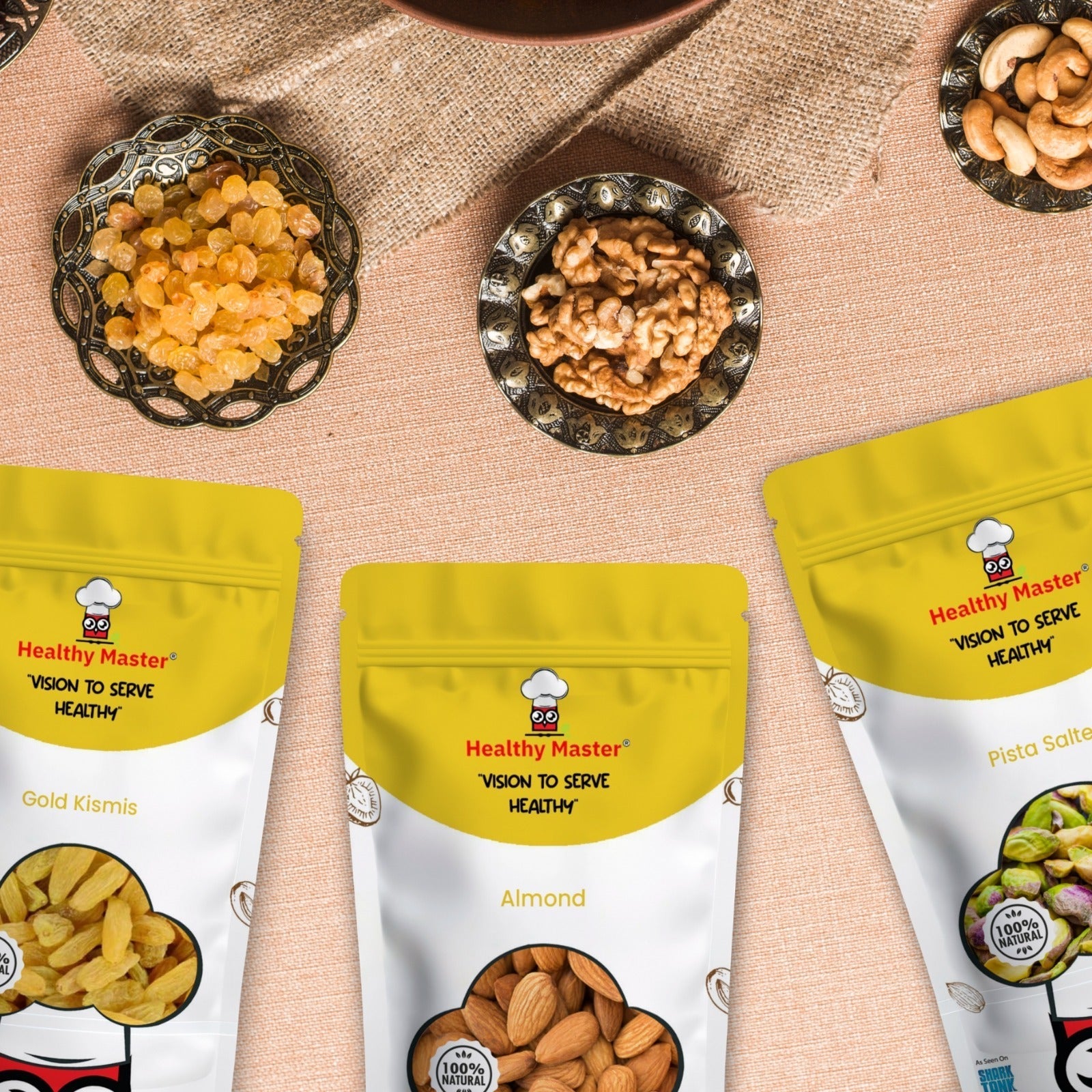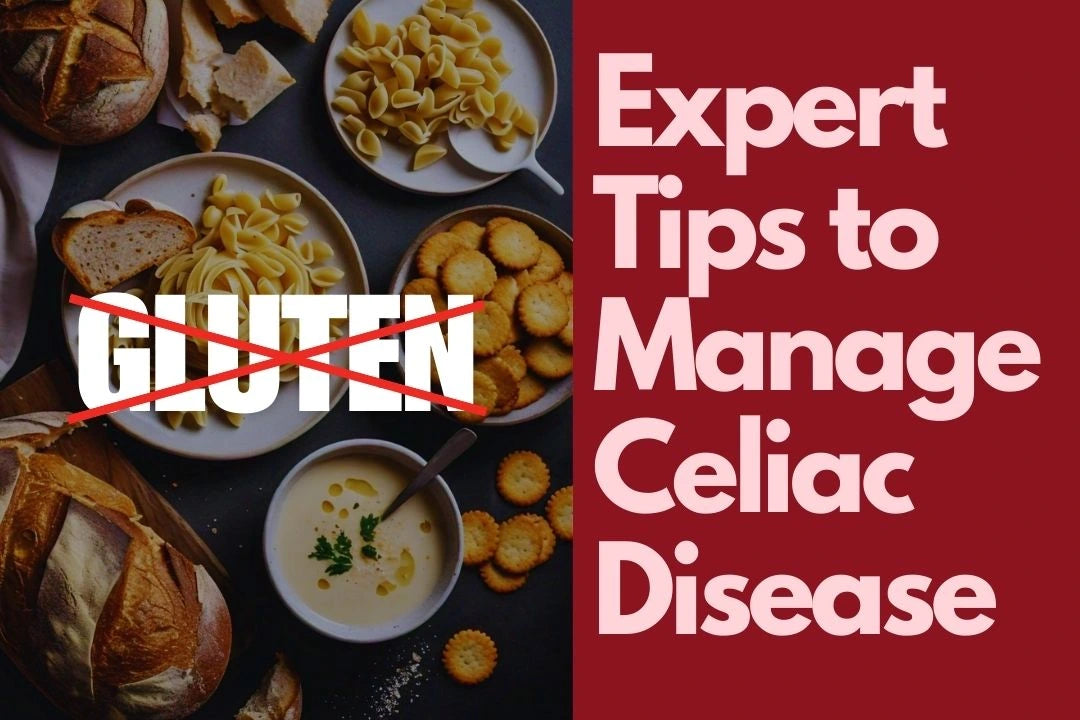Celiac disease is a generic autoimmune condition that mainly affects the digestive functions of the small intestine. The number of people suffering from this condition is increasing day by day, which is one of the main reasons why the gluten-free market is on a steep rise. Most staple products like oats, wheat, barley, and rye contain gluten. People with celiac disease usually experience a quick response from the immune system when they consume any product that contains gluten.
What is Celiac Disease?

Celiac disease is caused by the response of the immune system when it comes in contact with gluten. This in turn triggers the inflammation of the intestinal walls. Later, this will have a domino effect on the other functions of the body. This can also lead to the malabsorption of most essential nutrients that the body requires for functioning. Apart from this, other symptoms include gas, fatigue, diarrhea, anemia, and osteoporosis.
Avoiding Gluten
One of the most important things you should do to stay healthy when you are suffering from celiac disease is to practice a gluten-free diet. This means you should avoid grains and food products that contain gluten. Some of these products include cookies, cakes, pasta, cereal, bread, cake icing, and beer. When it comes to Indian dishes, most of the dishes that are made using maida, especially bakery products and snacks contain gluten.
Another important aspect to consider when you want to stay away from gluten is to scrutinize the products that are gluten-free but manufactured in the same plant or even using the same equipment. This means you have to be extra careful when planning your diet and snack routine as even the slightest presence of gluten may cause serious issues. However, with some basic considerations and planning, you will be able to manage an easy gluten-free lifestyle.
Below mentioned are some of the effective tips to manage a healthy gluten free lifestyle
Meal Planning Practice for Celiac Disease

Planning your meals plays an important role in helping you to maintain a successful gluten-free diet. This ensures that you will have something healthy and gluten-free on your table every time. When you are planning for a gluten-free diet, you can experiment with different ideas from cooking fresh meals to cooking and freezing for the whole week. In fact, as you practice this and progress, you will discover a whole range of products and recipes that help you maintain the right diet plan.
Meal planning might play an important role when you are living with people who do not have gluten intolerance.
Tracking your Progress
Radically changing your diet requires immense change and this might not be an easy journey. You may have to give up or swap most of the foods that were your favorite. However, if you look at the bright side, this is also an opportunity to discover new foods that you might love, but never considered including in your diet. It is also important for you to understand that these changes will not happen overnight. Maintaining a journal about your progress will help you to know more about your daily progress. This will also help you to reflect on your progress and goals when you may feel frustrated and want to give in to old habits.
Controlling your Cravings when Eating Out

It is quite common that there will be several instances where you may have to eat out. This can be in a restaurant while travelling or even in a friend's or relative’s house. In such cases, communicating your dietary preference with the host is quite imperative. This allows your host to provide you gluten gluten-free products or even choose restaurants or places that serve gluten-free foods. While travelling, you can book gluten-free foods in advance. When you are visiting a restaurant, it is important to inform them about your needs in advance. This avoid cross-contamination.
Monitoring Medical Prescriptions
There are a few medications that contain excipients that contain gluten. They are mainly used for binding and holding the medicine together. In such cases, it is important for you to read the label and make sure it is gluten-free. You can also take the assistance of your doctor or pharmacist to help find gluten-free medications. This is very important for people who take medications on a regular basis.
Reading Every Label

Most of us buy food without ever reading the label. According to the law, the ingredients should be displayed on every product. Thus reading the label closely will help you, especially if you are gluten intolerant. In order to make things easier, you can make a list of such products and brands. You can also make a switch to natural gluten-free products such as fruits, vegetables, eggs, and fish.
Experimenting with Foods During Celiac Disease
You can also experiment with foods. When you start looking, you will come across a huge list of products in every category that you can mix and match. For instance, when it comes to grains, you can use quinoa and millet. You can also use amaranth and rice flour to prepare dishes like pancakes, bread, and cereal. On the other hand, include potatoes, corn and soy in your diet, which can be used to make a variety of snacks and dishes due to their versatility.
Choosing Brands Specialized in Gluten Free Products

If you do not want to miss out on crunchy snacks and yet looking for an option to stay away from gluten, choosing brands and products that are specialized in offering gluten-free snacks and products will help you. Healthy Master is one such brand that specializes in offering gluten-free products. In fact, the brand itself was established to provide gluten-free and healthy snacks and products for people who are suffering from celiac disease and gluten intolerance.
When you are looking for the products offered by Healthy Master, you will come across huge categories to choose from. From baked chips and snacks to dry fruits and energy bars, you will come across a huge list of snacks and offerings to choose from. This makes it easy for you to select the right type of products to suit your needs and preferences.
Conclusion
Transitioning to a gluten-free lifestyle does not have to end your relationship with tasty and yummy food. It is just the start of a brand new one, where you will be able to explore many new options. You should also educate people in your family, friend circle, and colleagues about the gluten free lifestyle. This is an investment that will help you in your journey toward better physical, mental, and financial health.
 Deal of the week : Trial Snack Box - 18 Wholesome Delights Just at ₹ 899.00
Deal of the week : Trial Snack Box - 18 Wholesome Delights Just at ₹ 899.00

